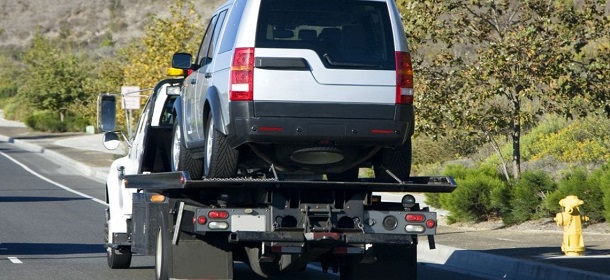
Acquiring credit is a difficult thing to do, especially if you’ve never taken out credit in any shape or form before, or else if you have a bad credit history. If you’re in dire need of a loan, for whatever reason, but you don’t have a suitable enough credit rating to acquire it through more traditional means, such as a bank loan or a credit card, then there are options there for you.
One of these options is a UK logbook loan – as is the case with any type of loan, ensuring that you have all the information you need to make an informed financial decision is important so read on to find out all you might need to know about logbook loans.
What is a logbook loan?
A logbook loan is a secured loan taken out against your vehicle. When you take out a logbook loan, you pass the ownership of your vehicle over to the lender and make repayments until the cost of the loan has been paid back, plus interest.
Keeping on top of your repayments is particularly important in the case of a logbook loan as if you fail to make a repayment the lender can take your car and sell it to recover the cost of the loan. If the money they make from selling your car doesn’t cover the cost of the loan then you will be obligated to make up the difference. Otherwise, you could be taken to court.
Often, logbook loans can be expensive to pay off and can put your vehicle at serious risk of repossession if you do not keep up with the repayments. If you live in England, Wales or Northern Ireland then your lender will ask you to sign a document called a Bill of Sale, which gives them permission to sell the car on to acquire the value of the asset if needed.
If you decide that you want to take out a logbook loan, it’s incredibly important to shop around to find a company that will offer you the loan with the lowest APR possible. Logbook loans are reputable for being incredibly high-interest loans and finding the cheapest loan will make your monthly repayments – and consequently the overall cost of the loan- much more affordable. Most lenders will offer you a personalised quote online based on the amount of money you wish to borrow and your personal and financial circumstances.
Do I need a credit check to take out a logbook loan?
Having a bad credit rating can seriously affect your likelihood of being accepted for a loan of any type. Loans such as logbook loans, for example, do offer loans for people with bad credit scores as lenders are able to look at the bigger picture and assess whether or not the person borrowing the money can realistically pay back the monthly repayment. Because the ownership of your vehicle is taken as security, for lenders, the loan is relatively low risk.
You cannot take out any loan without having some sort of check. The Financial Conduct Authority states that lenders have a responsibility to their clients to ensure that the loan they wish to take out is in their best interests, making sure that they are able to afford the repayments and won’t spiral into a significant amount of financial difficulty.
Rather than carrying out a full credit check, a lot of logbook loan lenders will carry out a soft check. This means that they are much more inclined to lend money to people in spite of their credit rating if it is clear that they are able to afford the monthly repayment cost.
You may well be asked for your monthly in and outgoings as a way of proving whether or not you can afford the repayments. In order to take out a logbook loan, you need to be over the age of 18, the legal owner of your vehicle and be named on the vehicle’s V5 logbook as its legal owner.
Taking out a logbook loan will not directly affect your credit rating. In fact, it is one of the few types of loan that has no direct effect on your rating. However, failing to cover any shortfalls if your car is repossessed and sold on could do so.
Lenders are allowed to take legal action against you if you fail to repay any additional money that is owed after your car is sold and this consequently could affect your credit rating.


